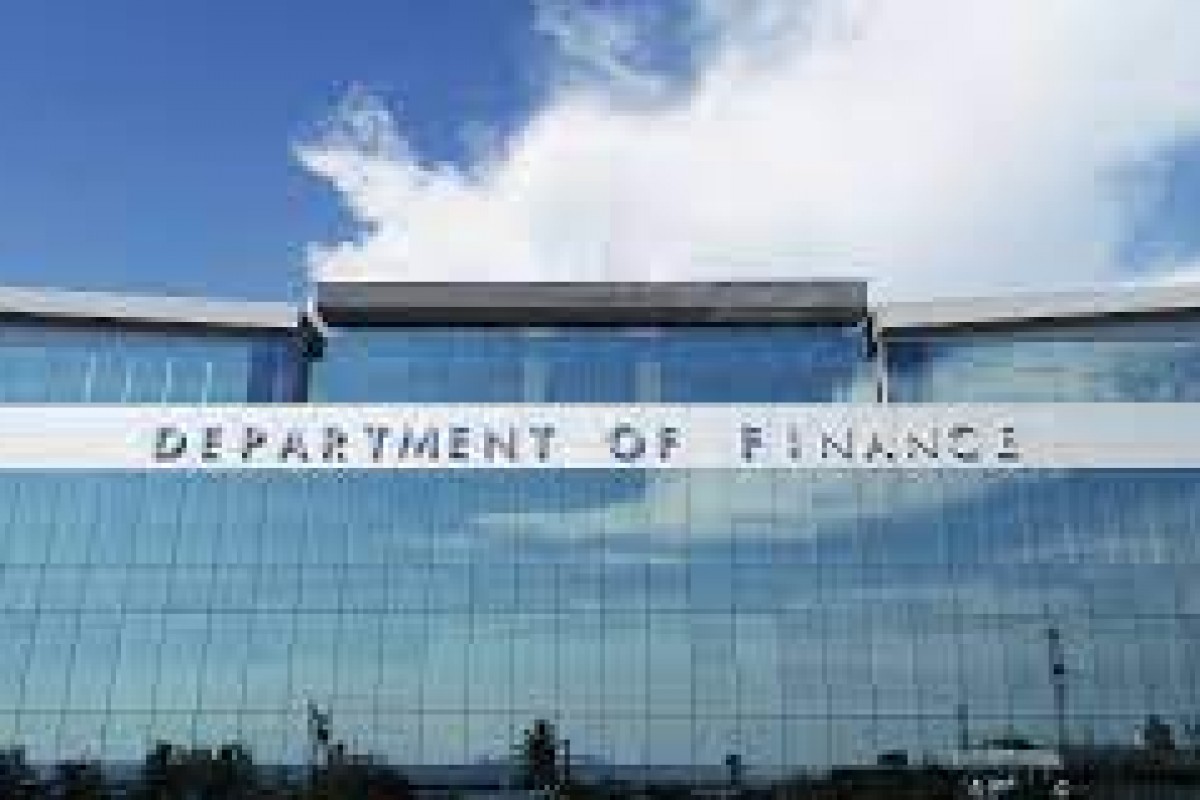MANILA -- In the first three years of its implementation, the law liberalizing rice trading has earned a total of P46.6 billion in rice import duties, which directly benefited palay farmers through a P10-billion annual fund created to finance programs that will sharpen their global competitiveness by way of farm mechanization, high-quality seeds, access to credit and training.
Under Republic Act (RA) No. 11203 or the Rice Tariffication Law (RTL), tariffs collected from rice imports go to the Rice Competitiveness Enhancement Fund (RCEF). Collections in excess of the P10 billion fund go to the Rice Farmer Financial Assistance or RFFA. The law took effect on March 5, 2019.
The RTL ensures that farmers directly benefit from the liberalization of rice trading by providing at least P10 billion a year to the RCEF up to 2024.
“This law is an opportunity to revolutionize the agriculture sector and help our farmers become more competitive in the global economy,” Finance Secretary Carlos Dominguez III, a former Agriculture Secretary, said.
Data from the Department of Agriculture (DA) show that since the implementation of RCEF, more than one million rice farmers have received over 8.6 million bags of certified inbred rice seeds, which are proven to be higher yielding than traditional home-saved seeds.
Over 830,000 hectares (ha) of palay farms nationwide are now yielding more rice than before, according to the DA.
With RCEF, 950,000 farmers now enjoy access to 19,542 units of farm machinery equipment. Over 90,000 rice farmers have benefited from 4,978 batches of training sessions; and 14,459specialists, trainers, and extension intermediaries have received training on modern rice farming techniques.
Some 220 farm schools have been established since the implementation of RCEF, bringing the total to 470, while 49,649 rice farmers have accessed over P1.5 billion-worth of loans from the Land Bank of the Philippines (LandBank) and Development Bank of the Philippines (DBP) under the credit component of RCEF.
Of the yearly P10-billion RCEF budget, P5 billion is allotted for the free distribution of farm machinery and equipment, P3 billion for free distribution of inbred certified seeds, and P1 billion each for credit support and training of farmers and extension.
Under the RTL, if the annual rice import tariffs exceed P10 billion, the excess shall be earmarked by the Congress for initiatives also benefitting palay farmers.
A new law signed by President Duterte in January of this year—RA 11598—provided that annual tariff revenues from rice imports in excess of P10 billion shall be distributed as cash assistance to small rice farmers tilling two hectares of land and below until 2024.
This windfall of financial resources for the modernization of the agriculture sector is in stark contrast to the average of P11 billion that the government shelled out annually for over a decade to subsidize the tax due of the National Food Authority (NFA), which used to monopolize rice importations but failed to significantly reduce the cost of quality rice stocks, Dominguez said.
With RTL, the role of the NFA has been limited to ensuring emergency rice stocks exclusively procured from local palay growers.
“The revenues from RTL support the reform and modernization of our agriculture sector. This is a complete reversal of the P11-billion annual average tax subsidies the government provided to NFA every year from 2005 to 2018,” Dominguez said.
According to studies by the National Economic and Development Authority (NEDA), the International Rice Research Institute (IRRI), and the International Food Policy Research Institute (IFPRI), the law is expected to accelerate agricultural growth and facilitate the structural transformation of the economy, with GDP increasing by at least 0.13 percent, compared to the baseline, in 2025.
President Duterte signed the RTL into law on February 14, 2019 as RA 11203. The law replaced rice import QRs with tariffs.
The RTL has lowered prices of rice to the current average of P39 per kg or a per-kilo reduction of about P7 compared to its cost in 2018 when it peaked to around P46 per kg. (DOF)



